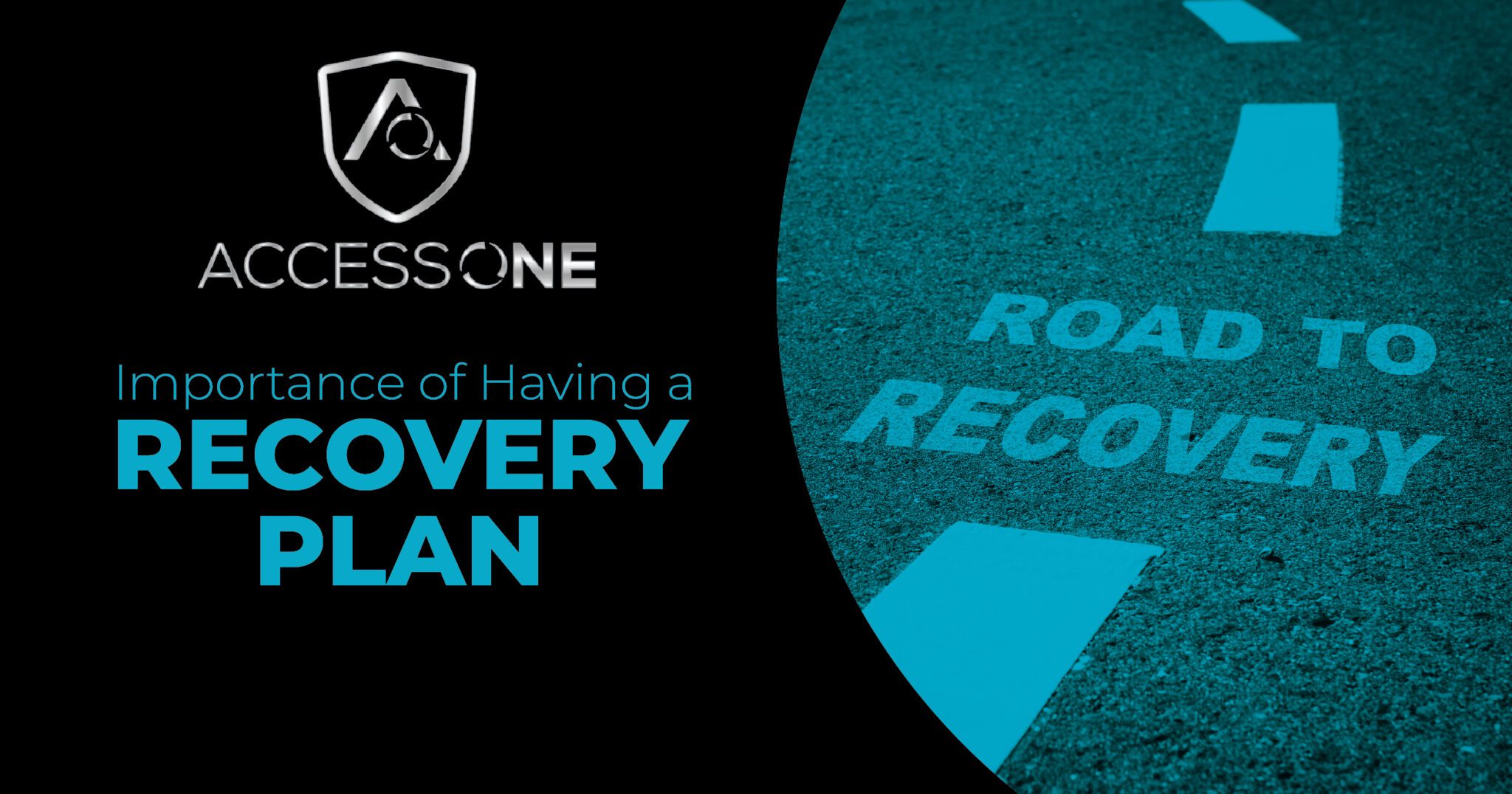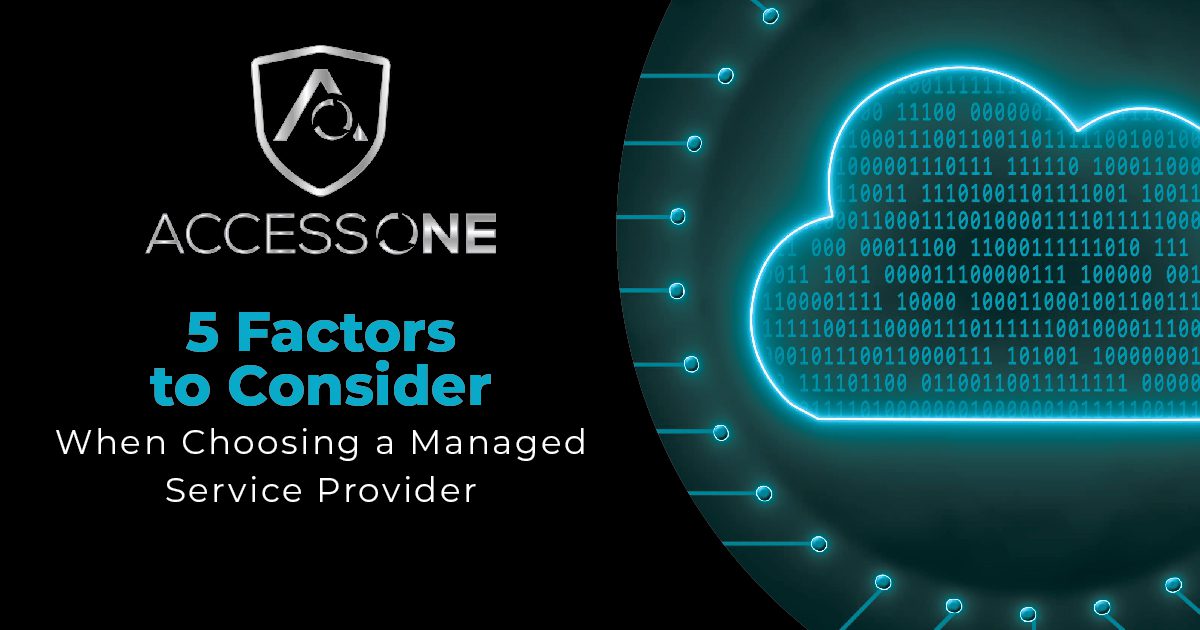When it comes to your organization’s vital operational data, backups aren’t just a good idea, they’re a necessity! Your business relies on a wide range of data in order to accomplish your daily tasks, connect with customers, and more. Without a solid backup structure, a loss of data can lead to costly fixes, excessive time spent repairing the damage, and time when your organization may be unable to operate at all. Follow this guide to make sure your business can stay operational in the event of a data breach, crash, or other problem.
Types of Backup
In general, there are three types of data:
- The operational copy of your data that you use every day and that employees are able to access in order to take care of basic business tasks.
- A local backup that you can restore quickly in the event of a file that has been deleted or corrupted.
- An isolated, offsite backup that is not connected to your local machines or network.
Each of these copies serves an important purpose for your company, and it’s important that you choose the best option to fit your own needs.
Built-in software on your hard drives can help make copies of your existing data on a regular basis. These programs are excellent for quickly restoring data that has been lost due to user error or a minor system error.
NAS systems keep your system updated and backed up. This information is copied locally each time someone makes changes on the network, which ensures that everyone is using the most recently updated copy of common data. This system will also store backups for a short period of time.
RAID systems store data across several hard drives. This is an excellent system for businesses that deal in large quantities of data, since multiple hard drives can fail and be replaced without losing any important data.
External hard drives are a great way to backup the entire system. They are perfect for system crashes or even complete hardware failures.
Best Practices for Data Backups
As you’re creating the backup strategy that works for your business, make sure you’re considering that data’s importance to your business. Following best practices will make it easier to create a working backup system that keeps your business moving smoothly.
Disconnect external hard drives and store a copy off-site. These backups can be taken daily or weekly, depending on how much data your business deals with and how sensitive that data is. The more frequently you create these data backups, the less restoration work you’ll have to do. Off-site backups will also allow you to keep your business running from a remote location in the event of a natural disaster or other problem that keeps you out of your building.
Pay attention to timing. When does your business use the most critical data? How often do you need to backup your data? The most critical data should be backed up at least once per day, and your entire system should be backed up at least once per week.
Consider the benefits and drawbacks of cloud backups. Storing your backup data in the cloud means that it’s accessible from anywhere, but limitations and slow upload times can lead to struggles for businesses who choose this method, especially if they’re working with limited bandwidth.
Make sure you’re backing up the right data. Anything that is essential to the functioning of your business should be backed up on a regular basis. Insignificant data doesn’t have to be backed up as frequently, but keep in mind that if you choose not to back it up, you face the risk that you may lose that data permanently.
Schedule and verify automated backups. Automated backups guarantee that you never forget to back up vital data, but you should be sure to regularly verify that your backups are completing regularly and correctly.
Data backup is a necessity in today’s technology-driven society. By ensuring that you’re using the best practices for your backup strategy, you’ll keep your business running smoothly even if your data is lost or compromised.















